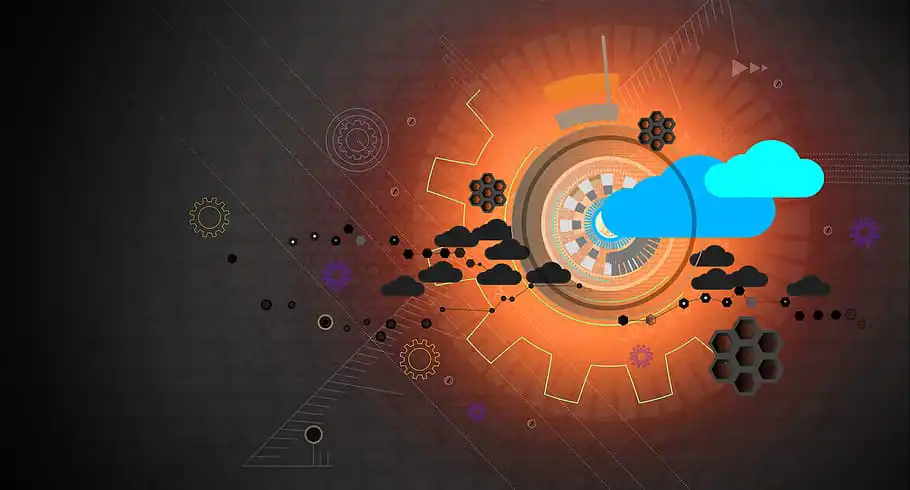As the 2024 election approaches, a wave of misinformation is expected to hit the American population. Advanced artificial intelligence (AI) tools are predicted to play a significant role in the dissemination of false information, with deepfakes leading the charge.
Deepfakes, digitally manipulated videos or images, can create highly believable fake realities. The technology has the potential to shift public opinion and influence the political landscape significantly. The ease of creating these deepfakes is a grave concern for democracy.
Artificial intelligence is already being used to produce disinformation at an unprecedented scale. The abundance of information available to manipulate makes it incredibly easy to create convincing false narratives. The sophisticated nature of these deepfakes could make it a major player in the upcoming elections.

The upcoming election is likely to be flooded with misinformation. This is not only due to the increasing availability and sophistication of AI tools, but also to the polarized political climate in America. The high stakes of the election mean that there is much to gain from spreading false information.
Political campaigns have always been arenas for exaggeration and misrepresentation. However, never before has there been such a potential for mass manipulation through digital means. The increasing prevalence of deepfakes raises serious implications for the integrity of democratic elections.
The potential influence of deepfakes on the population is staggering. These manipulated videos could sway voter opinion, create false realities, and even potentially incite violence or civil unrest. The potential for harm is vast, especially considering the already-existing political tensions in America.
The creators of these falsified realities hide behind the anonymity of the internet. This makes it incredibly difficult to hold those responsible accountable for their actions, further complicating efforts to combat the spread of misinformation.
Misinformation through deepfakes isn't just an American problem. The global nature of the internet means that disinformation can easily cross borders, affecting elections and political climates in countries around the world. The global implications of this technology are enormous.
One of the potential solutions to the problem is technological. Improved detection tools could help identify and take down deepfakes before they cause significant damage. However, the rapid pace of AI development could make these tools obsolete almost as soon as they are created.
Another potential solution is through legislation. Governments could create laws against the creation and distribution of deepfakes, especially during election periods. However, this could potentially infringe on freedom of speech, making it a contentious potential solution.
Education and media literacy could also play a part in combating deepfakes. By teaching the population to be more skeptical of what they see online, we might be able to reduce the impact of misinformation. However, this is not a quick or easy solution and may take years to implement effectively.
A multi-faceted approach may be the most effective way to combat deepfakes. This could involve a combination of technology, legislation, and education. However, this would require significant collaboration and effort from multiple parties, including the government, tech companies, and educational institutions.
Ultimately, the responsibility for combating deepfakes and misinformation falls on everyone. We must all be vigilant, skeptical, and diligent in our consumption of online content. The integrity of our elections and our democracy depend on it.
Deepfakes and misinformation will likely continue to evolve, as will the tools to combat them. While the future is uncertain, what is clear is that there is much to be done to protect our democratic processes. The battle against misinformation is far from over.
The 2024 election will likely be a testing ground for the power of deepfakes and misinformation. It will be an opportunity for us to see just how much impact this technology can have and to test our abilities to combat it.
As technology continues to evolve, so too do the methods of spreading misinformation. It's crucial that we stay one step ahead of these developments to protect the integrity of our democratic processes. The battle against misinformation is a difficult one, but it's one we must fight.
The role of technology in our elections is a complex issue, with no easy solutions. However, with the right resources and effort, we may be able to combat the spread of misinformation and protect our democratic processes. The 2024 election will be a crucial moment in this fight.
Deepfakes represent a significant advancement in the technology of misinformation. Their potential impact on the political landscape is enormous. It's crucial that we take the necessary steps to combat this threat to our democratic processes.
The 2024 election is looming, and with it comes the threat of a tsunami of misinformation. If we are to protect the integrity of our democracy, we must be prepared. We need to be vigilant, skeptical, and ready to use the tools at our disposal to combat the spread of misinformation.
As we move closer to the 2024 election, the threat of deepfakes and misinformation grows. While the challenge is significant, the stakes are too high to not face it head on. It's time to take action against the tsunami of misinformation that threatens to wash over our democracy.